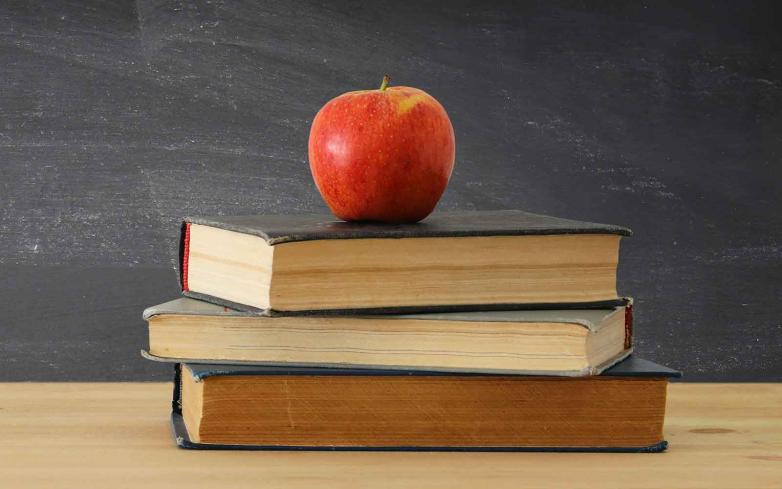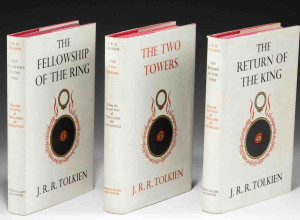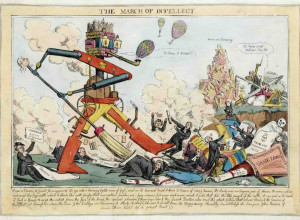Banning Books Increases Their Readership, Claim Researchers

A new study using a large-scale data set of U.S. library book circulations evaluated the impact of book bans on demand for banned books. It found that circulations of books rose after being banned, banning a book in one state leads to increases in circulation of that book in states that did not ban the book, and bans that are transformed into political issues boost donations to Republican candidates.
The study, by researchers at Carnegie Mellon University (CMU) and George Mason University, is published as an SSRN working paper.
“The primary goal of book bans is to restrict access to books, but conversations about the bans often garner attention on a wider scale,” explained Ananya Sen, assistant professor of information systems and economics at CMU’s Heinz College, who coauthored the study. “This increased attention can either deter people from reading the book or influence consumers to read it, which would be an unintended consequence.”
Book bans and challenges in U.S. public schools and libraries have occurred for decades. But since 2021, there has been a significant push from state officials, elected representatives, parents, community members, and advocacy groups to remove more than 1,600 books that feature topics such as race, gender identity, and sexuality from public and school libraries.
Researchers obtained book circulation data from a large library content and services supplier to major public and academic libraries in the United States; their data set contained more than 17,000 titles, including over 1,500 that were banned, as identified by 2021 and 2022 lists from the American Library Association and PEN America. The study’s goal was to determine what effect book bans by local schools and state bodies had on demand for the banned books. Among the study’s findings were that:
- Circulations of banned books increased 12% on average compared to similar non-banned titles after the ban
- Banning a book in one state led to an 11% increase in circulation of the book in states of different political leanings that did not ban the book; this increase often featured books by lesser-known authors, suggesting that new and relatively unknown authors gained from rise in consumer support
- Banned books with high visibility on social media saw increased readership, indicative of social media-driven political consumerism
- Efforts to transform book bans into a political issue—which the authors of the study define as politicization—tended to increase the amount of donations received by Republican House candidates relative to those received by Democratic House candidates, but only in Republican-leaning states
The researchers validated their findings using data from Goodreads using the number of reviews on the site as an alternative measure of demand. They found a significant increase in reviews and ratings for banned books relative to non-banned books. They also saw an increase in mentions of ban-related keywords in the texts of the reviews, suggesting that the increase in readership resulted from coverage of the book bans. The authors also found an increase in the overall rating of the banned books on Goodreads.
“Book bans have become part of the national conversation and cultural debates, fueled by increasing concern about parental rights,” noted Uttara M. Ananthakrishnan, assistant professor of information systems at CMU’s Heinz College, who coauthored the study. “But our study highlights the pitfalls of politically motivated censorship on consumers’ consumption behavior.”















